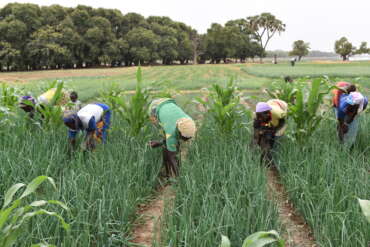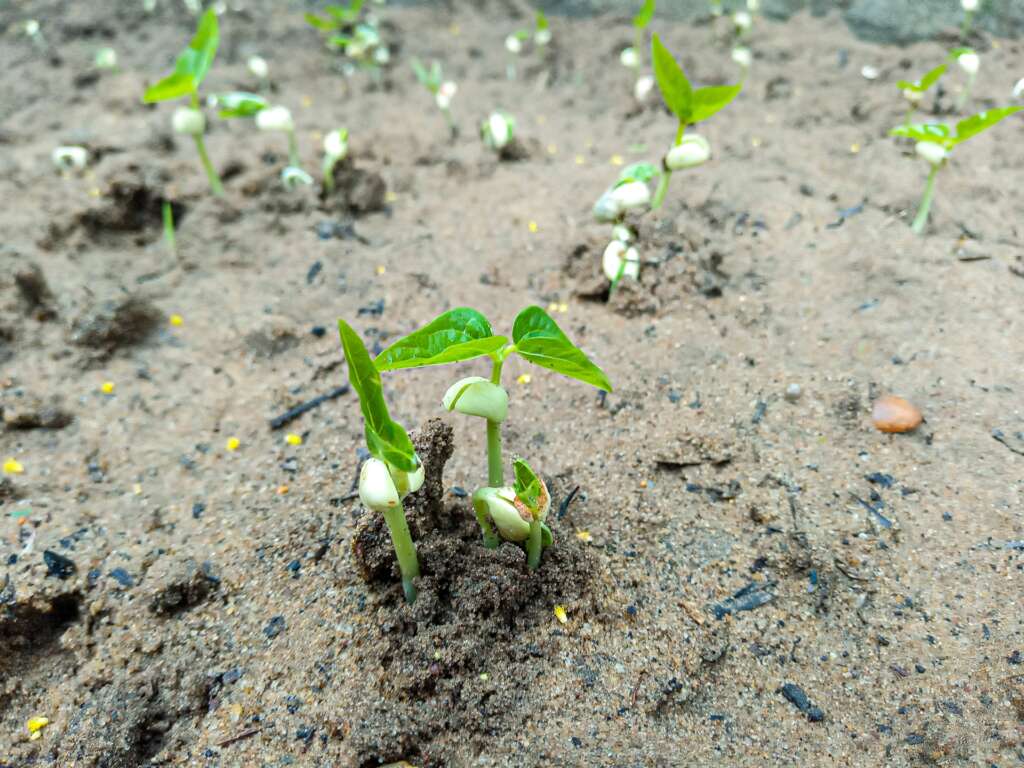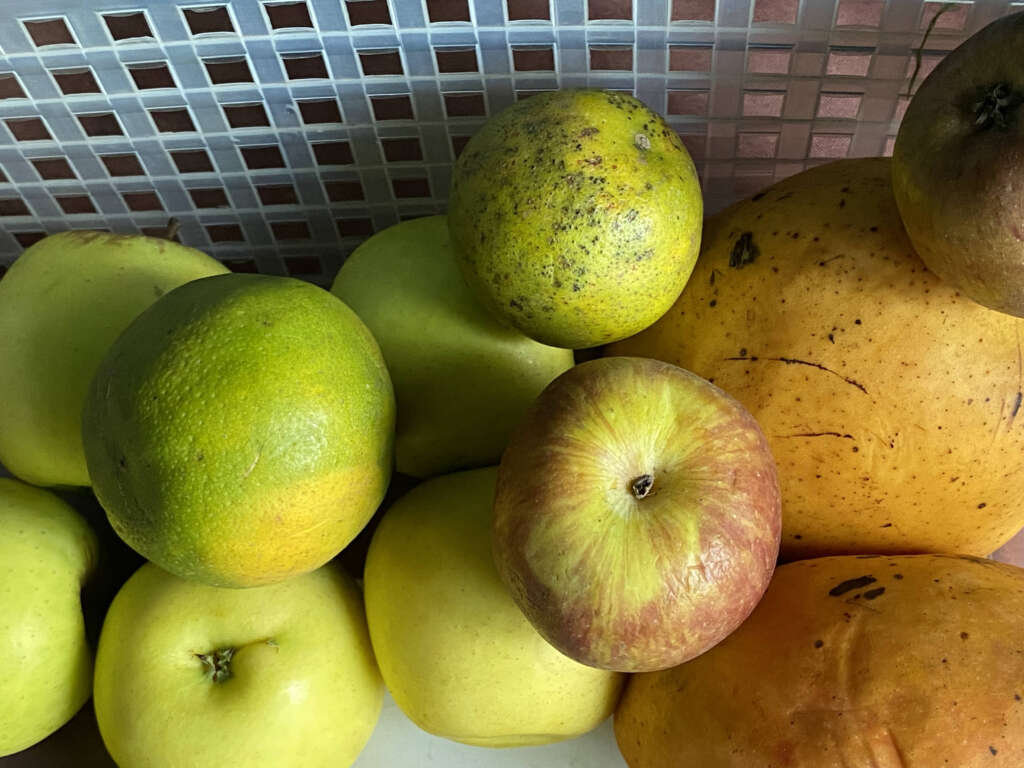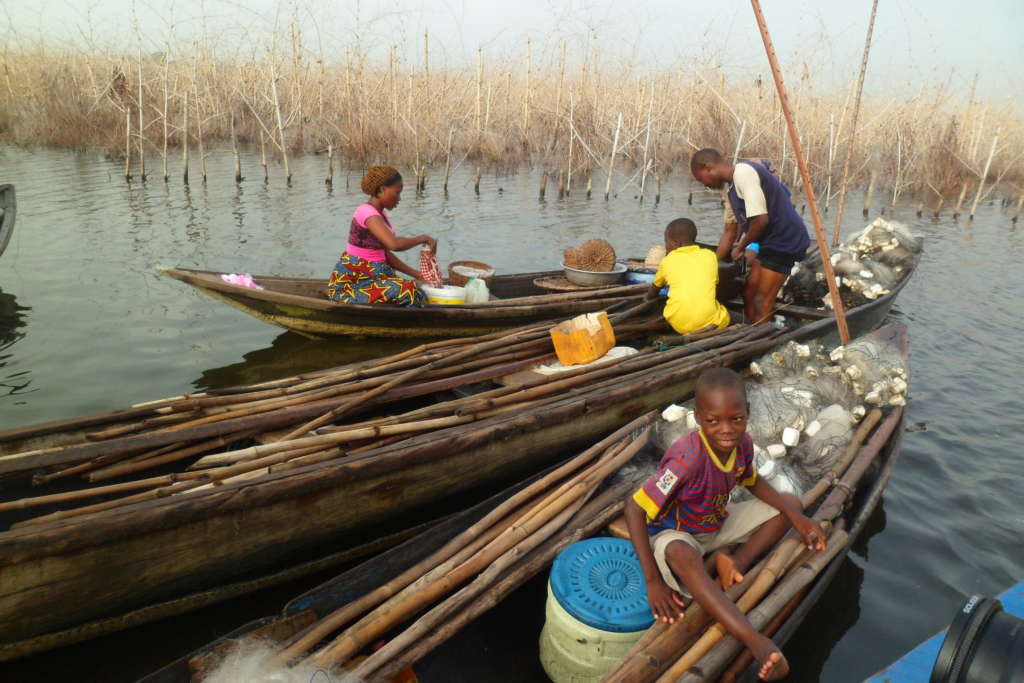Achieving impact at scale in the agricultural sector demands the contribution of all stakeholders for transformational changes. However, although smallholders form most agri-food value chains, actors, in developing countries, their voices and idiosyncrasiesare little consulted and accounted for in policymaking. Yet, co-creation knowledge processes efforts to improve such situations are ongoing but face operational challenges, usually context-specific, that the literature fails to point out. Our reflectionaddresses the knowledge gap and discusses how to effectively engage smallholders in critical discussions regarding the sustainable transformation of agriculture.
We showed thatwhen discussing with smallholders about their livelihoods and economic activities, they often demonstrate poverty and misery to entice policy interventions; falsifying responses,if necessary,is part of the strategy. We thought that the reason justifying such a situation might be because many knowledge processes consider smallholders as passive information providers; therefore, we made a call to researchers to ensure smallholders understand the research purpose and contribution to policymaking.However, there is still a risk of information falsification in the other way around, bringing to the attention that there is no easy solution. We, therefore, suggest that researchers be cognizantof the risk and deal with it in two possible ways: usingindirect objective questions in place of direct subjectivequestionsand triangulatinginformation.
Keywords: Knowledge integration; knowledge co-creation; knowledge management; agribusiness; smallholders; farmers; private sector; evidence-informed policymaking; sustainable development goals; agricultural development; Benin.
This article was published in MDPI journal



